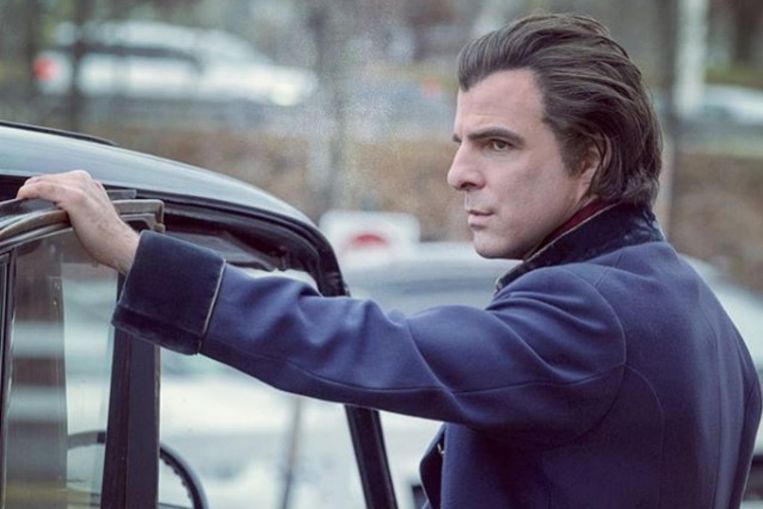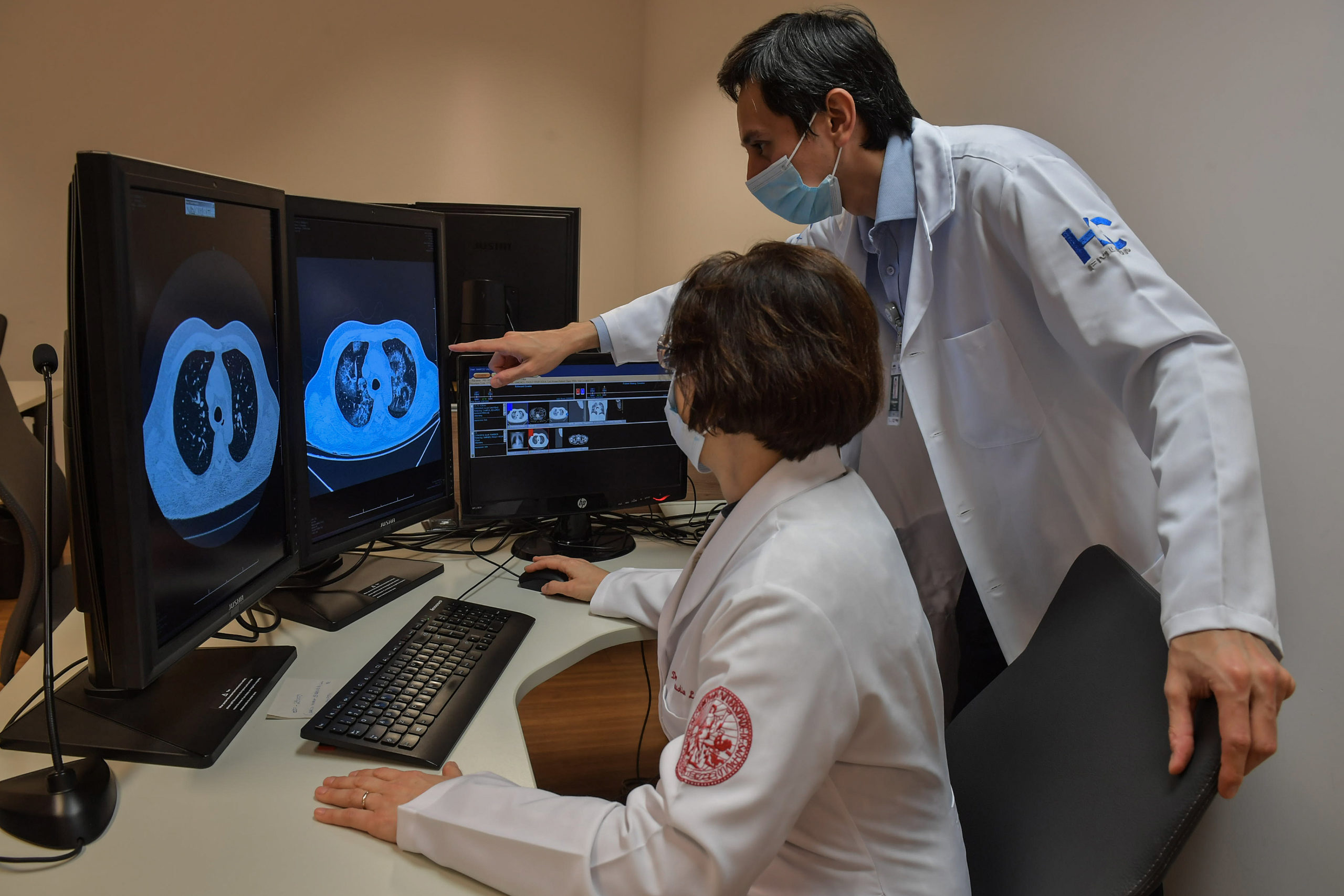When Chelsea stormed to the Premier League title last season in Antonio Contes first campaign in charge, the squads newest additions were a crucial ingredient of their success.
The 2016 summer arrivals of NGolo Kante, David Luiz and Marcos Alonso, along with coach Conte, helped to invigorate a team that had finished 10th the previous May. All three players racked up more than 3,000 minutes of first-team football, making them money well spent.
By contrast, last summers new signings have been less prominent. Of the six arrivals only centre-back Antonio Rudiger has amassed more than 3,000 minutes across all competitions.
That is despite Chelsea spending more than £200m last summer — the largest spree since Roman Abramovich bought the club in 2003 and began unleashing sums never before seen in English football.
Perhaps a better representation than the reliable Rudiger of the success of Chelseas 2017-18 transfer dealings is club record signing Alvaro Morata, bought for £70m from Real Madrid during the close season. On average, Chelseas summer signings have played 2,185 minutes of first team football. Morata has played 2,655 minutes, in which he has scored 15 goals and made six assists.
His time on the pitch is less even than Andriy Shevchenko — derided as one of Chelseas biggest flops of the Abramovich era — managed for the Blues in his first season after arriving for a then-British record of £31m. Shevchenko played 3,424 minutes that year. The most Morata can feature in should he play in every remaining minute of Chelseas season is 3,105 minutes.
Yet even if not a runaway success, Morata has made significant contributions in big games — last weekends FA Cup semi-final being the latest example — and shown enough promise to warrant persisting with. That is probably more than can be said for other significant summer signings Tiemoue Bakayoko (£40m, 2,710 minutes), Danny Drinkwater (£35m, 1,151 minutes) and Davide Zappacosta (£23m, 2,056 minutes).
The clubs January business does not appear to have been much improved. Of Emerson Palmieri, Ross Barkley and Olivier Giroud, only the latter has started more than one game in the league. Yet even Girouds current 555 minutes of football – and maximum 1,005 – is less than former January arrivals in a comparable position. Demba Ba played 1,414 minutes after arriving in January 2014, Fernando Torres played in 1,010 minutes following his record breaking £50m move in 2011, while 2008 January signing Nicolas Anelka played 1,433 minutes.
| Player | Minutes played this season | Transfer window signed |
| Antonio Rudiger | 3,395 | Summer |
| Tiemoue Bakayoko | 2,710 | Summer |
| Alvaro Morata | 2,655 | Summer |
| Davide Zappacosta | 2,056 | Summer |
| Danny Drinkwater | 1,151 | Summer |
| Willy Caballero | 1,140 | Summer |
| Olivier Giroud | 555 | January |
| Emerson | 279 | January |
| Ross Barkley | 131 | January |
Time could yet prove all of Chelseas signings to be smart moves should their players grow into successes at Stamford Bridge, but history suggests that is unlikely. Of all the 52 Chelsea summer arrivals since Abramovich took over to have played less than 2,500 minutes in their debut season at the club, only a handful went on to long-term success: Victor Moses, John Obi Mikel and Joe Cole.
Other players not to feature heavily after arriving include those Chelsea were still able to sell on for a significant fees such as Kevin De Bruyne, Romelu Lukaku, Mo Salah and Arjen Robben. Yet all those players were under 23 when they arrived, meaning they had significant improvement potential for any suitors. This season Bakayoko, 22, was Chelseas only arrival to fit that age profile.
Whether it was by blowing everyone else out the water or identifying young talents that could be sold on for a profit, Chelsea under Abramovich built up a formidable and canny reputation in the transfer market. This seasons signings suggest that reputation could soon be under threat if more hits than misses are not sourced this summer.
When Chelsea stormed to the Premier League title last season in Antonio Contes first campaign in charge, the squads newest additions were a crucial ingredient of their success.
The 2016 summer arrivals of NGolo Kante, David Luiz and Marcos Alonso, along with coach Conte, helped to invigorate a team that had finished 10th the previous May. All three players racked up more than 3,000 minutes of first-team football, making them money well spent.
By contrast, last summers new signings have been less prominent. Of the six arrivals only centre-back Antonio Rudiger has amassed more than 3,000 minutes across all competitions.
That is despite Chelsea spending more than £200m last summer — the largest spree since Roman Abramovich bought the club in 2003 and began unleashing sums never before seen in English football.
Perhaps a better representation than the reliable Rudiger of the success of Chelseas 2017-18 transfer dealings is club record signing Alvaro Morata, bought for £70m from Real Madrid during the close season. On average, Chelseas summer signings have played 2,185 minutes of first team football. Morata has played 2,655 minutes, in which he has scored 15 goals and made six assists.
His time on the pitch is less even than Andriy Shevchenko — derided as one of Chelseas biggest flops of the Abramovich era — managed for the Blues in his first season after arriving for a then-British record of £31m. Shevchenko played 3,424 minutes that year. The most Morata can feature in should he play in every remaining minute of Chelseas season is 3,105 minutes.
Yet even if not a runaway success, Morata has made significant contributions in big games — last weekends FA Cup semi-final being the latest example — and shown enough promise to warrant persisting with. That is probably more than can be said for other significant summer signings Tiemoue Bakayoko (£40m, 2,710 minutes), Danny Drinkwater (£35m, 1,151 minutes) and Davide Zappacosta (£23m, 2,056 minutes).
The clubs January business does not appear to have been much improved. Of Emerson Palmieri, Ross Barkley and Olivier Giroud, only the latter has started more than one game in the league. Yet even Girouds current 555 minutes of football – and maximum 1,005 – is less than former January arrivals in a comparable position. Demba Ba played 1,414 minutes after arriving in January 2014, Fernando Torres played in 1,010 minutes following his record breaking £50m move in 2011, while 2008 January signing Nicolas Anelka played 1,433 minutes.
| Player | Minutes played this season | Transfer window signed |
| Antonio Rudiger | 3,395 | Summer |
| Tiemoue Bakayoko | 2,710 | Summer |
| Alvaro Morata | 2,655 | Summer |
| Davide Zappacosta | 2,056 | Summer |
| Danny Drinkwater | 1,151 | Summer |
| Willy Caballero | 1,140 | Summer |
| Olivier Giroud | 555 | January |
| Emerson | 279 | January |
| Ross Barkley | 131 | January |
Time could yet prove all of Chelseas signings to be smart moves should their players grow into successes at Stamford Bridge, but history suggests that is unlikely. Of all the 52 Chelsea summer arrivals since Abramovich took over to have played less than 2,500 minutes in their debut season at the club, only a handful went on to long-term success: Victor Moses, John Obi Mikel and Joe Cole.
Other players not to feature heavily after arriving include those Chelsea were still able to sell on for a significant fees such as Kevin De Bruyne, Romelu Lukaku, Mo Salah and Arjen Robben. Yet all those players were under 23 when they arrived, meaning they had significant improvement potential for any suitors. This season Bakayoko, 22, was Chelseas only arrival to fit that age profile.
Whether it was by blowing everyone else out the water or identifying young talents that could be sold on for a profit, Chelsea under Abramovich built up a formidable and canny reputation in the transfer market. This seasons signings suggest that reputation could soon be under threat if more hits than misses are not sourced this summer.












